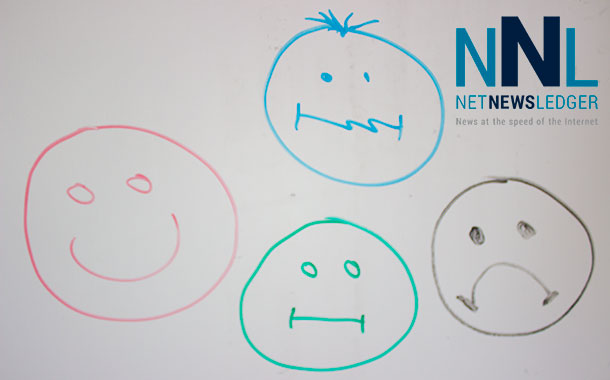Social media is everyone’s favorite place to share their accomplishments, complaints, failures, successes, political opinions, and…less than necessary personal information. COVID-19 has forced many of us to stay at home for extended periods of time, away from those we love, and this can mean plenty of oversharing.
Oversharing isn’t necessarily a bad thing, but it can quickly become obnoxious. We all have that one aunt, cousin, or friend that always shares very personal things on their pages, and we can’t help but wonder why they do it.
Let’s look deeper at how COVID-19 has created a need for people to take to social media to connect to their loved ones, and how it’s created a need to overshare.
Why Do Some People Overshare?
What drives Aunt Karen to overshare on Facebook? Is it a need to feel closer to others? Is it because social media provides a “safe” atmosphere to share personal details? Or do some people simply not have a filter?
I would argue that it’s all three. Some people feel that the more they share about themselves and their daily lives, the closer they grow to their friends and family. This isn’t necessarily true, however; as oversharing can quickly become uncomfortable for many people.
Some studies suggest that oversharing on Facebook can actually be an indicator of loneliness. People that feel they don’t have a solid support group often turn to social media to quell their feelings of isolation and loneliness, but this tends to have the opposite effect. Social media can increase feelings of loneliness and even depression, so oversharing really gets you nowhere.
Are You Oversharing?
Sometimes, we overshare without even realizing it. How do you know if you’re oversharing? There are some simple things to look for in your posting history and social media activity to figure out if you’re oversharing.
You’re posting multiple times per day: Posting on your Facebook, Insta, or other platform once or twice per day is pretty normal. Most people post daily, and others post every other day or just a few times per week. If you’re posting more than 2-3 times per day, you’re likely oversharing. When you start filling up your followers’ feeds with oversharing, they’re likely to mute your feed altogether, and then you won’t get any comments or likes because no one is looking at your content.
Self-centered posts: If the majority of your social media content is about you, and doesn’t include other people, you might come across as selfish or disinterested in connecting with others (which is the entire purpose of social media to begin with). If you share too much about yourself, you’re not going to attract very many friends or keep people interested in your content.
Lack of interaction from friends and followers: If you’ve noticed a drop in activity on your feed, it could be because you’re oversharing. Friends, family, and followers will hide your activity, unfollow you, or even unfriend you if your oversharing is too frequent.
How Has COVID Contributed To Oversharing?
We’ve been apart from our loved ones for months on end; unable to visit in-person or connect the way we’d like to. We’re starting to feel a bit lonely in quarantine, and social media is the best way to connect with people while practicing social distancing. This is likely the reason more people are oversharing during COVID; not to mention the fear that many people feel regarding the virus and the uncertainty of the future.
Unfortunately, the USA hasn’t handled the COVID crisis very well. With five million confirmed cases and a death toll well over 100,000, we’re among the top 10 worst nations in the world so far for deaths and cases. It’s easy to see why people are feeling afraid and overwhelmed, who wouldn’t be?
These feelings of loneliness and fear can drive us to overshare in an attempt to connect more with the people around us.
How To Handle Oversharing
What do you do if you’re dealing with someone who continuously overshares on social media? There are a few approaches you can take but know that confronting an over-sharer could result in some hurt feelings. Some people simply don’t understand that sharing details about their surgery isn’t something you put on Facebook.
You can confront the over-sharer directly and let them know that they’re oversharing. Let them know that you’re concerned that certain details shouldn’t be public. You could also comment on different posts and say something similar, such as, “maybe this doesn’t belong on Facebook, it’s very private.”
Conclusion
Oversharing isn’t necessarily a bad thing, but it can quickly become obnoxious. Plus, no one wants to see endless pictures of someone’s kids or accomplishments, or details about personal events or problems. It’s likely, however, that we’ll never be able to stop oversharing, even after COVID has passed.







